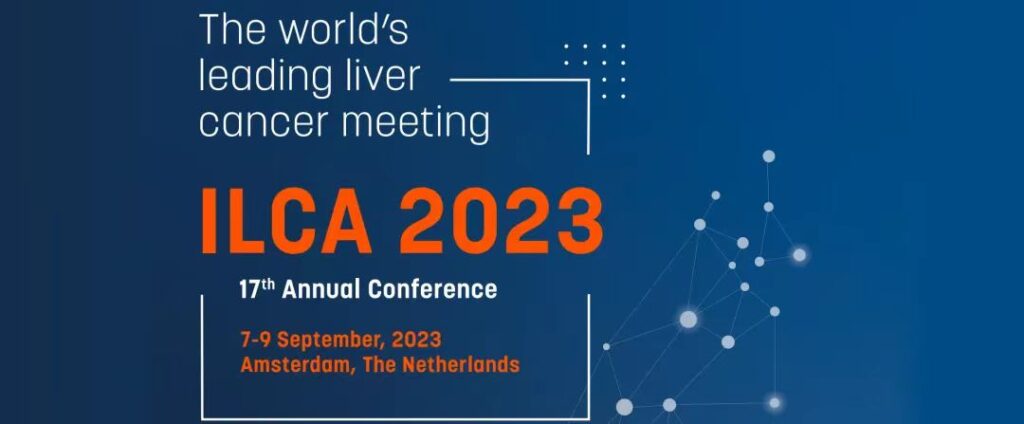ILCA 2023 | Molecular typing based on fatty acid degradation metabolism helps in achieving precision treatment for liver cancer.
Primary liver cancer is currently the 4th most common malignant tumor and the 2nd leading cause of tumor-related death in China. 75%~85% of these cases are Hepatocellular carcinoma (HCC), posing a serious threat to the health and lives of Chinese citizens. In recent years, with the progress in traditional therapies like surgery, intervention, radiation, targeted therapy, and immunotherapy, there are now more options available for liver cancer patients. Recent clinical studies have shown that the combined treatment plan of atezolizumab and bevacizumab (referred to as “T+A”) can reduce the mortality risk of advanced liver cancer patients by 42% compared to the traditional targeted drug sorafenib, setting a new standard for the first-line treatment of advanced liver cancer. However, the overall survival rate of liver cancer patients remains unsatisfactory, with a 5-year survival rate of about 20%. Due to the heterogeneity of liver cancer, there is still a significant variance in the treatment response and prognosis of patients with the same clinical stage. How to select the most suitable individualized treatment method for different liver cancer patients, to maximize therapeutic effects, is a pressing issue in the clinic.

